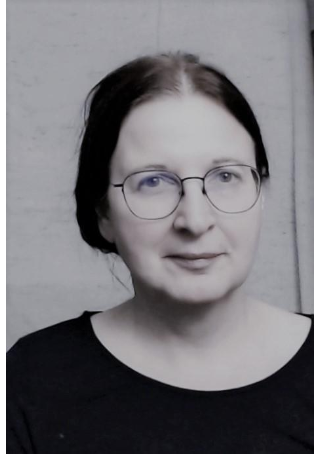
Rafael Treibich (University of Southern Denmark) will present his paper “Repeated Majority Voting“ (co-authored with A. Macé) on June 16th at 10:00 AM, room QA 406. One-to-one meetings with the speaker can be arranged; please contact the seminar organizers, Dr. Noémie Cabau (cabau.noemie@gtk.bme.hu) and Dr. Arseniy Samsonov (samsonov.arseniy@gtk.bme.hu).
Abstract:
The theory of repeated games offers a compelling rationale for cooperation in a variety of environments. Yet, its consequences for collective decision-making have been largely unexplored. In this paper, we propose a general model of repeated voting in committees and study equilibrium behavior under alternative majority rules. We characterize the set of equilibrium payoffs and show how repetition may reduce the inefficiency of majority voting. In turn, this affects the comparison of majority rules, which may differ significantly relative to the static setting. The model provides a rationale for the use of supermajority rules, while accounting for the prevalence of consensus in committee voting.








